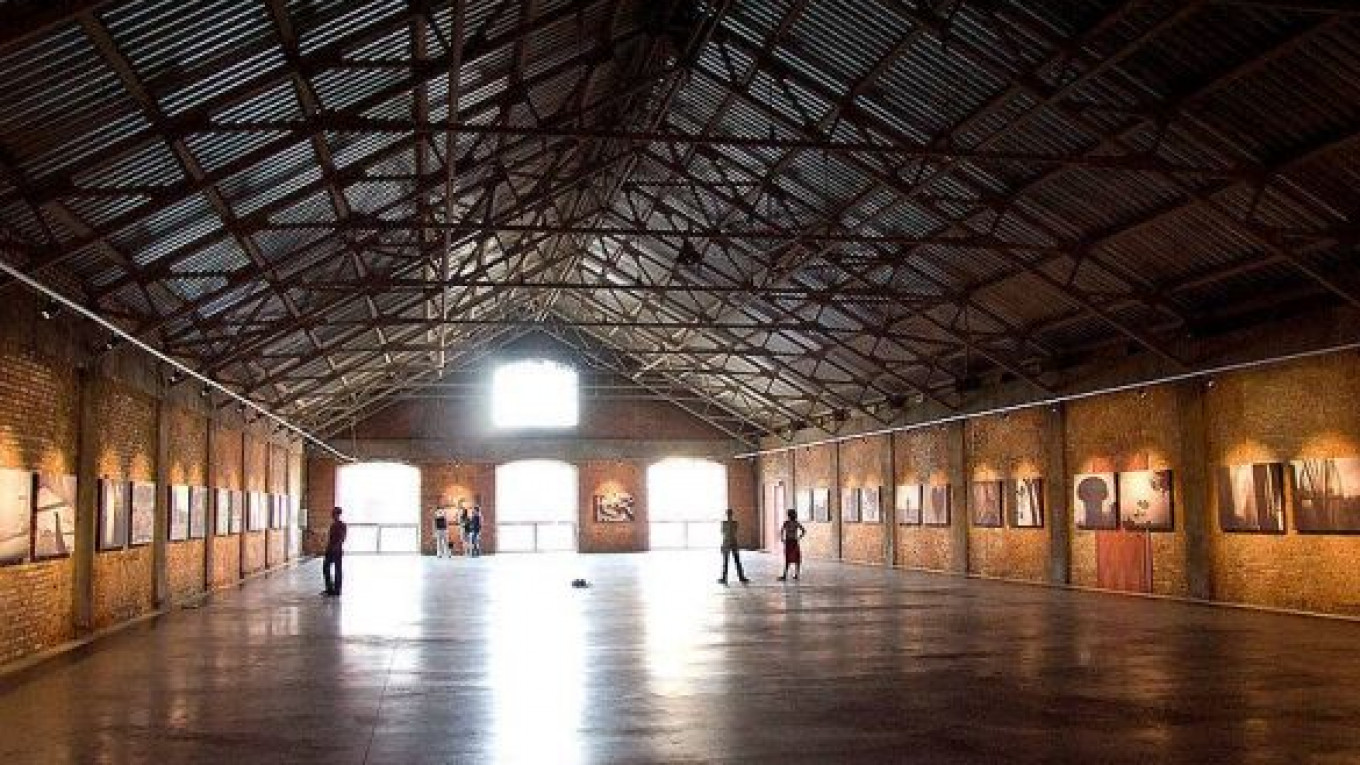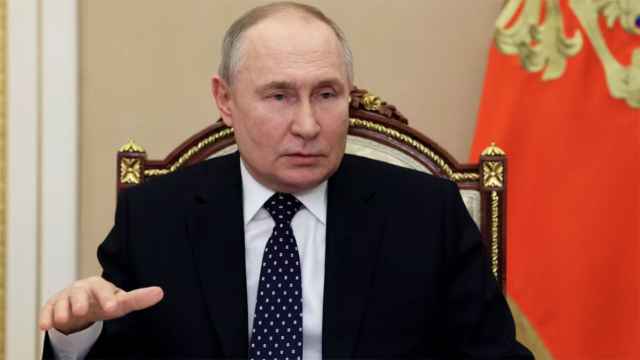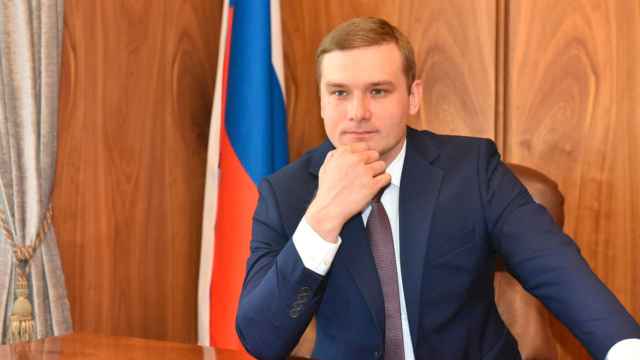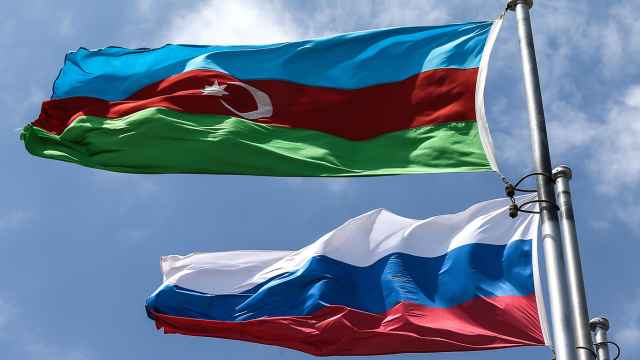A contemporary art exhibition in Moscow has been canceled in the wake of Russia denying visas to its Dutch creators, the team behind the project said Thursday.
The Sochi Project, a photographic account by Rob Hornstra and Arnold van Bruggen of preparations for the 2014 Winter Olympics, had been due to open October 18 at the trendy Winzavod Center for Contemporary Art.
Hornstra had previously said he believed the decision to deny him a visa might have been in response to his reporting work in Russia’s turbulent North Caucasus region, which has for years been plagued by a low-level Islamist-inspired insurgency.
“It seems justified to conclude that, following Russia’s refusal of Hornstra and Van Bruggen’s visa, Winzavod panicked and withdrew its support” from the show, The Sochi Project said.
The Sochi Project complained that the show was called off after 18 months of preparations, despite efforts by the Dutch Embassy to keep it going.
Hornstra and Van Bruggen have been regularly visiting Sochi and nearby areas since 2009 to document changes in the city in the run-up to the Olympics.
The project, which combines text, photos and video footage, was openly critical of the impact of the competitions.
Winzavod said the show was canceled because Hornstra had failed to sign a contract with them and had not provided required works and materials.
“This does not allow us to organize the exhibition at the selected venue on a professional level,” the art center said in a statement Thursday.
The center said it was prepared to consider new dates for the event.
Russian officials have remained tight-lipped over the incident.
The exhibition was supposed to be part of the Dutch-Russian year of cultural exchange, co-sponsored by the Russian government.
The initiative had already been marred by crossfire between Russian and Dutch officials over a string of recent incidents.
Last week, the Dutch government said it was initiating legal proceedings against Russia over what it said was the illegal seizure by the Russian authorities of a Dutch-registered icebreaker belonging to environmental campaign group Greenpeace. The detention of Greenpeace activists on charges of piracy has drawn much international criticism.
On Wednesday, Russia’s food standards agency said it was tightening checks on dairy imports from the Netherlands in what appeared to be an echo of the preliminary stage of the punitive trade embargoes routinely imposed by Moscow against countries with which it has had diplomatic disagreements.
Also this week, the Netherlands drew a furious reaction from Moscow when police in The Hague arrested a Russian diplomat, in violation of international conventions, after his neighbors called the authorities to claim he was mistreating his children.
A Message from The Moscow Times:
Dear readers,
We are facing unprecedented challenges. Russia's Prosecutor General's Office has designated The Moscow Times as an "undesirable" organization, criminalizing our work and putting our staff at risk of prosecution. This follows our earlier unjust labeling as a "foreign agent."
These actions are direct attempts to silence independent journalism in Russia. The authorities claim our work "discredits the decisions of the Russian leadership." We see things differently: we strive to provide accurate, unbiased reporting on Russia.
We, the journalists of The Moscow Times, refuse to be silenced. But to continue our work, we need your help.
Your support, no matter how small, makes a world of difference. If you can, please support us monthly starting from just $2. It's quick to set up, and every contribution makes a significant impact.
By supporting The Moscow Times, you're defending open, independent journalism in the face of repression. Thank you for standing with us.
Remind me later.






